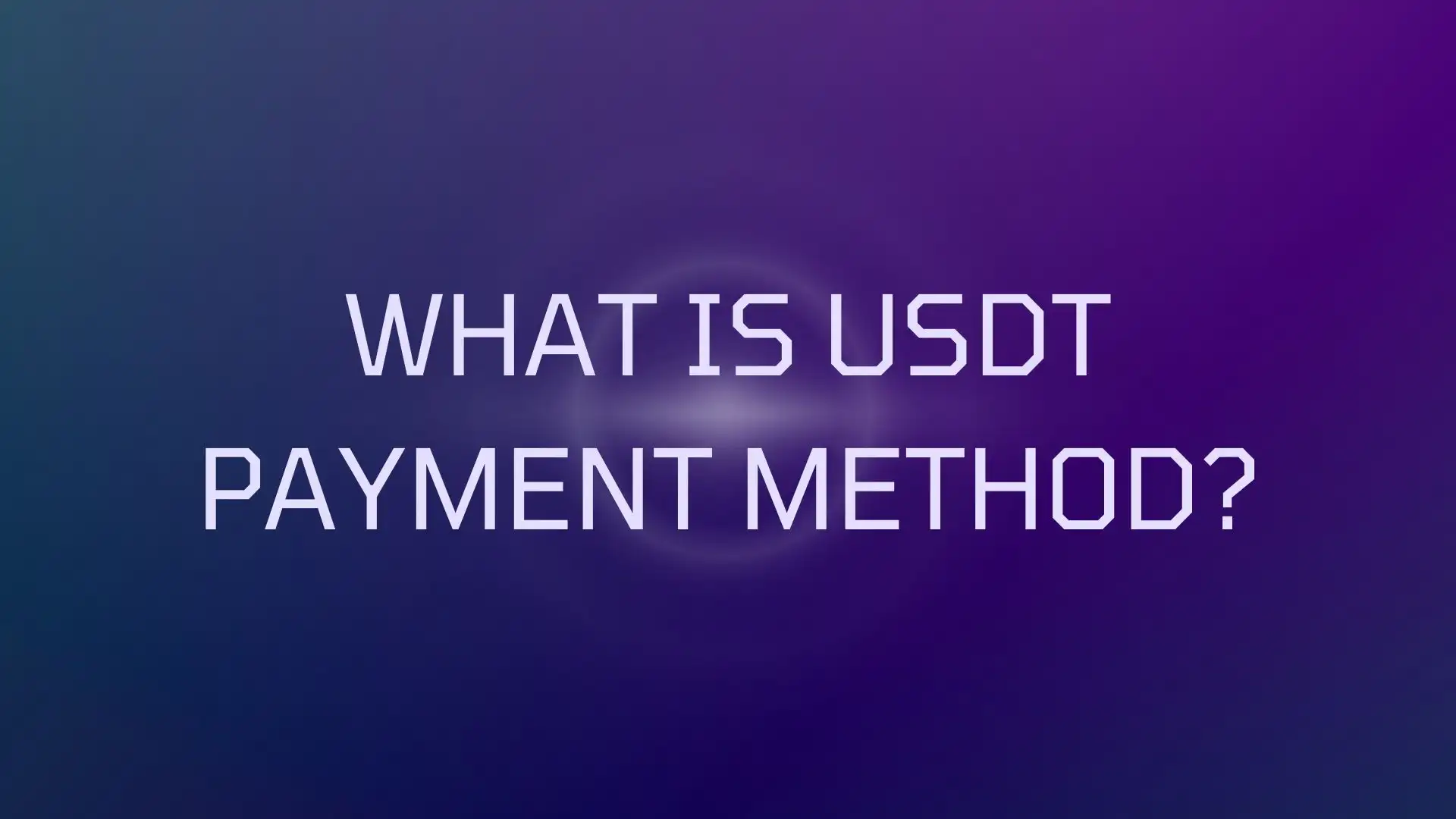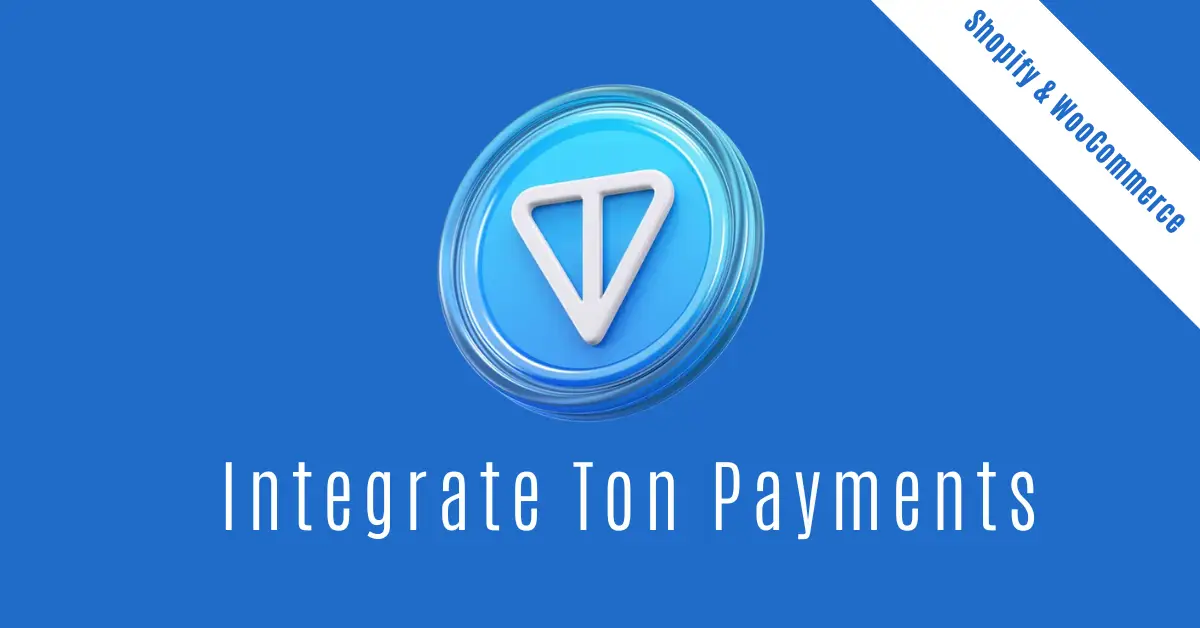
The world of iGaming is evolving rapidly, with players demanding faster, more secure, and more convenient payment methods. In this article, we'll delve into why crypto payments are poised to become the future of iGaming, revolutionizing how transactions are conducted in this thriving industry.
1. Introduction
The introduction sets the stage by highlighting the growing importance of digital payments in the iGaming sector and introduces the concept of crypto payments as a game-changer.
2. Understanding iGaming
This section defines iGaming and explores its exponential growth, setting the context for why payment methods are crucial in this industry.
Definition of iGaming
The definition of iGaming is provided, covering online gaming, gambling, and related activities.
Growth of the iGaming Industry
Statistics and trends showcasing the rapid expansion of the iGaming industry are discussed, emphasizing the need for efficient payment solutions.
3. The Role of Payments in iGaming
Here, we delve into the significance of secure and fast transactions in iGaming and highlight the challenges associated with traditional payment methods like credit cards and bank transfers.
Importance of Secure and Fast Transactions
Players prioritize security and speed when making transactions, making it imperative for iGaming platforms to offer reliable payment options.
Challenges with Traditional Payment Methods
Issues such as high fees, delays, and privacy concerns with traditional payment methods are outlined, underscoring the need for alternative solutions.
4. Crypto Payments Revolutionizing iGaming
This section explores how crypto payments address the shortcomings of traditional methods and revolutionize the iGaming landscape.
Advantages of Crypto Payments
Key advantages such as enhanced security, instant transactions, and lower fees are discussed, showcasing why crypto payments are gaining traction.
Security and Privacy
The robust security protocols and privacy features of crypto payments are detailed, highlighting their appeal to privacy-conscious players.
Instant Transactions
The near-instantaneous nature of crypto transactions is explained, emphasizing the convenience it offers to both players and operators.
Lower Fees
The cost-effectiveness of crypto payments compared to traditional methods is highlighted, illustrating how it benefits both parties involved.
Blockchain Technology in iGaming
The transformative role of blockchain technology in ensuring transparency, fairness, and trust in iGaming operations is explored.
Transparency and Fairness
Blockchain's ability to provide transparent and tamper-proof records ensures fairness in gaming outcomes, enhancing player trust.
Smart Contracts
The use of smart contracts in iGaming is discussed, showcasing how they automate processes and eliminate intermediaries, reducing costs.
5. Adoption of Crypto Payments by iGaming Platforms
This section delves into how major iGaming platforms are embracing cryptocurrencies and the advantages it brings for players and operators.
Major iGaming Platforms Embracing Cryptocurrencies
Examples of leading iGaming platforms adopting crypto payments are provided, highlighting industry trends.
Benefits for Players and Operators
The benefits of crypto payments for players, such as faster withdrawals and added security, are contrasted with the advantages for operators, including lower transaction costs and expanded market reach.
6. Regulatory Considerations
The regulatory landscape for crypto payments in iGaming is explored, discussing current regulations and potential future challenges.
Current Regulations for Crypto Payments in iGaming
An overview of existing regulatory frameworks governing crypto payments in iGaming jurisdictions is provided, along with compliance considerations.
Future Outlook and Potential Challenges
The article concludes with insights into the future outlook for crypto payments in iGaming, addressing potential regulatory challenges and industry adaptations.
Conclusion
In conclusion, crypto payments represent a paradigm shift in the iGaming sector, offering unparalleled security, speed, and cost-effectiveness. As regulations evolve and adoption rates rise, crypto payments are poised to become the dominant payment method in iGaming, shaping the industry's future.
FAQs:
-
Are crypto payments legal in all iGaming jurisdictions?
- The legality of crypto payments in iGaming jurisdictions varies. Some countries have embraced cryptocurrencies and have clear regulations, while others may have restrictions or lack specific guidelines. It's crucial for both players and operators to be aware of the regulatory landscape in their respective jurisdictions to ensure compliance.
-
How do crypto payments benefit players compared to traditional methods?
- Crypto payments offer several benefits to players compared to traditional methods. These include faster transactions, enhanced security due to cryptographic protocols, lower fees, and the ability to maintain privacy by avoiding the need for sharing sensitive financial information.
-
What challenges do iGaming operators face when implementing crypto payments?
- iGaming operators may encounter challenges such as regulatory compliance, volatility in cryptocurrency prices, integration with existing payment systems, educating users about crypto payments, and ensuring the security of crypto wallets and transactions.
-
Can players trust the fairness of games powered by blockchain technology?
- Games powered by blockchain technology, particularly those utilizing smart contracts, offer a high level of transparency and fairness. The immutable nature of blockchain ensures that gaming outcomes are tamper-proof and verifiable, instilling trust among players regarding the integrity of the games.
-
What steps can iGaming platforms take to ensure regulatory compliance with crypto payments?
- iGaming platforms can ensure regulatory compliance with crypto payments by staying updated with relevant laws and regulations, implementing robust KYC (Know Your Customer) and AML (Anti-Money Laundering) procedures, partnering with compliant payment processors, maintaining transparent records of transactions, and collaborating with regulatory bodies for guidance and compliance audits.








